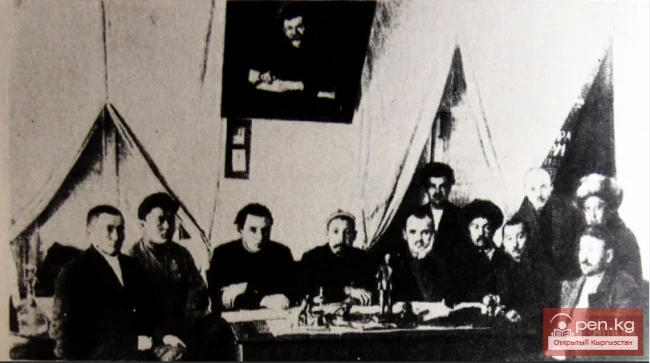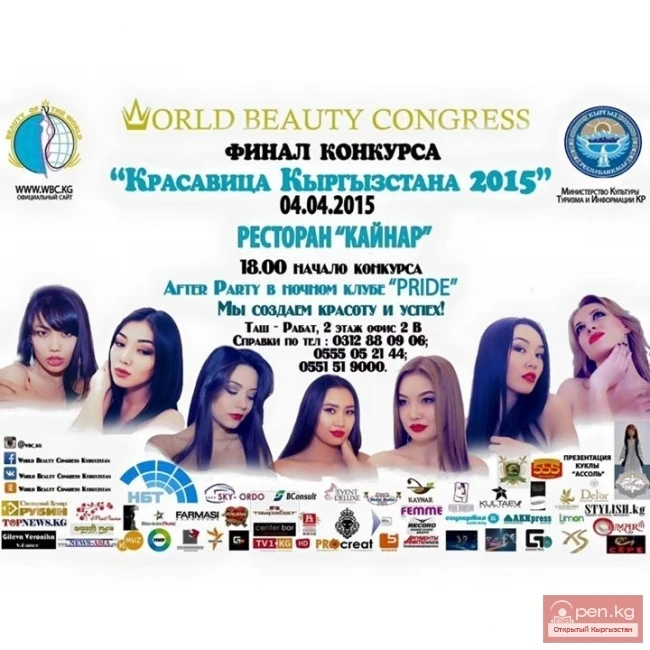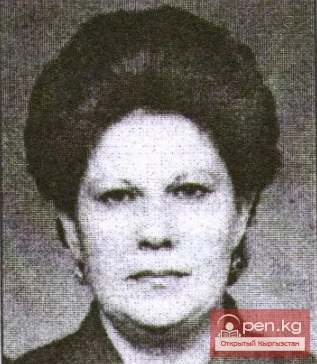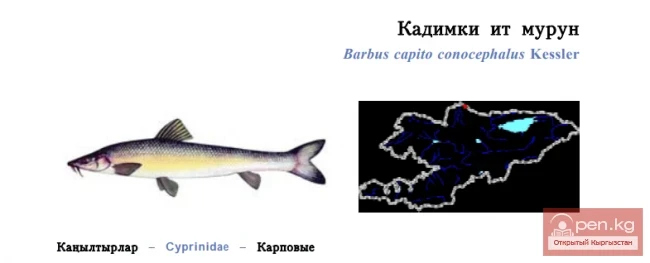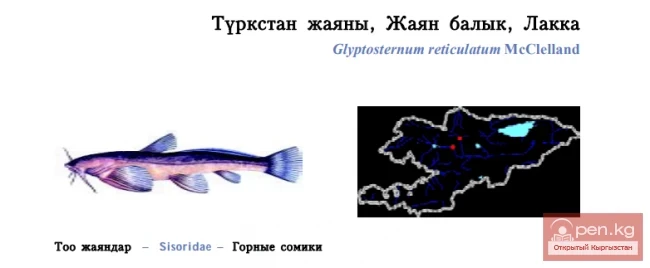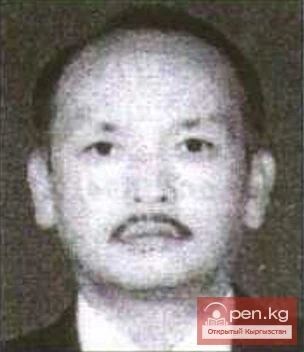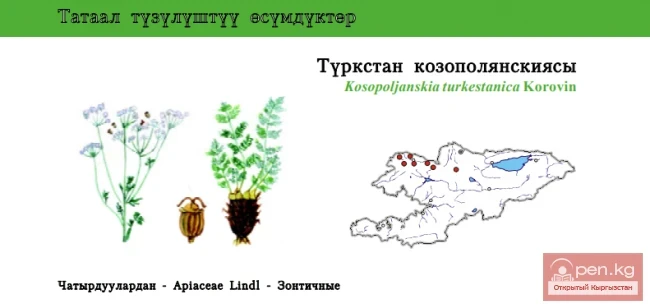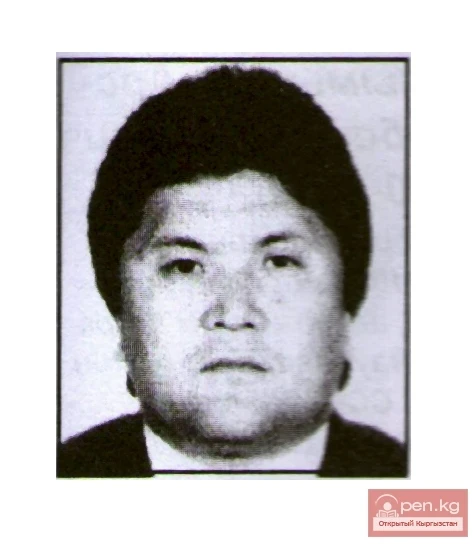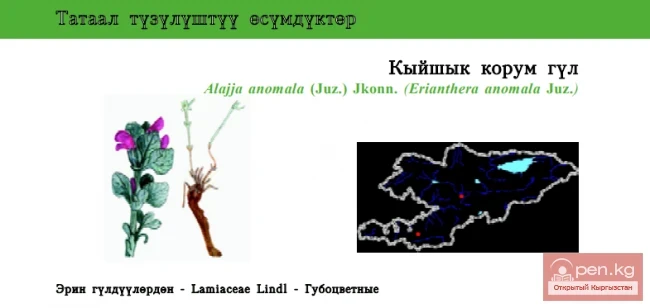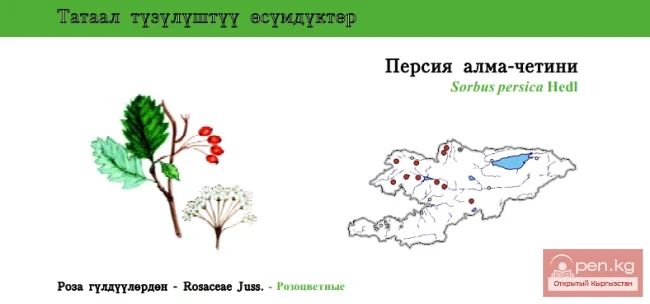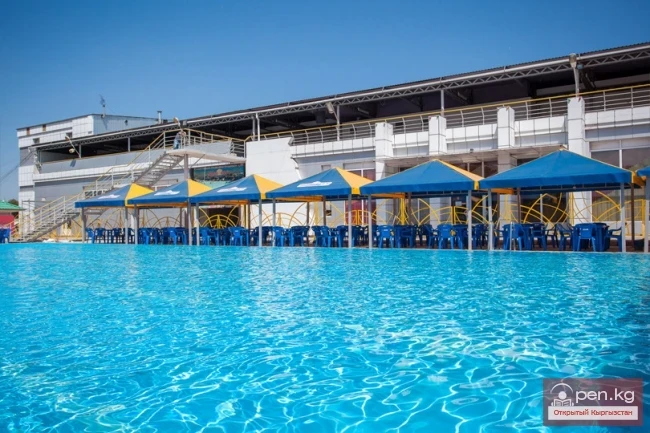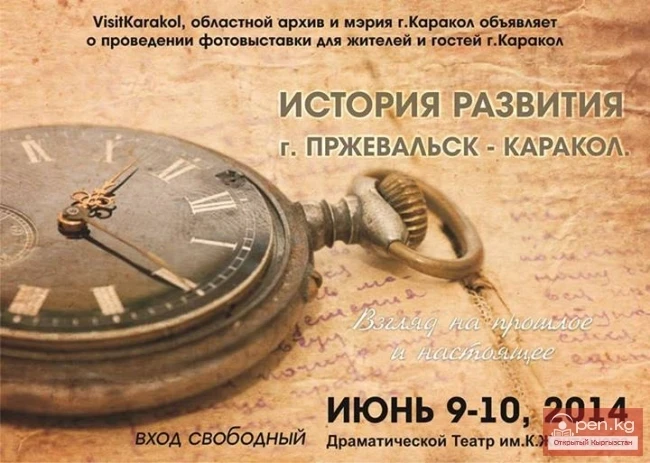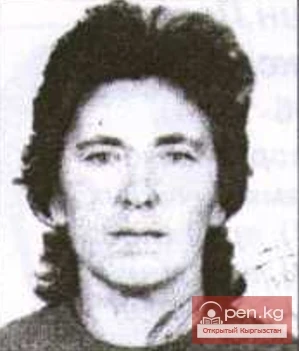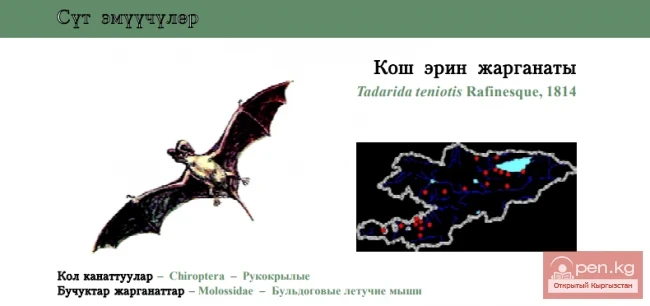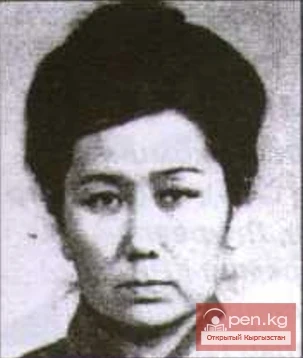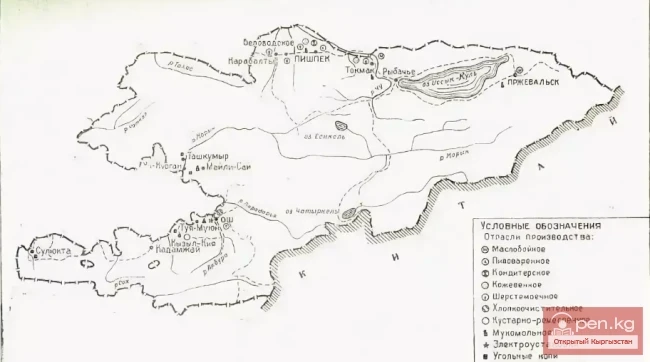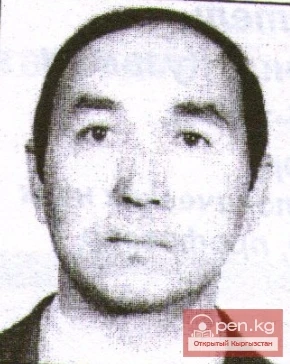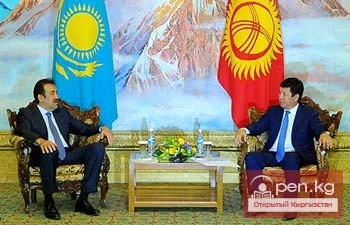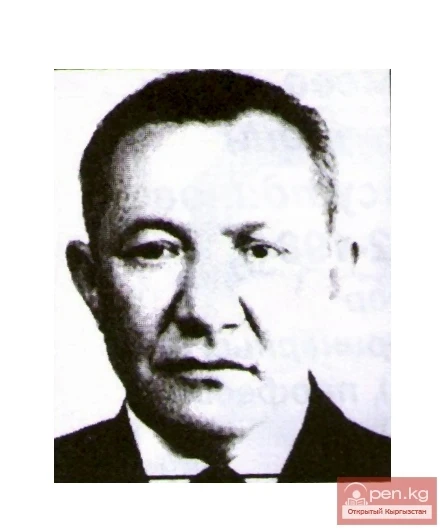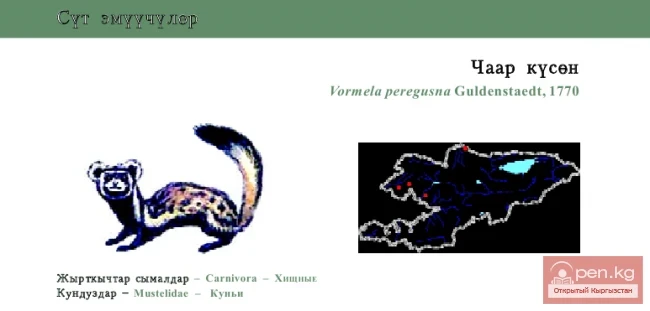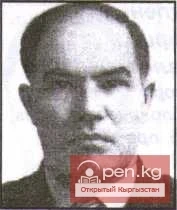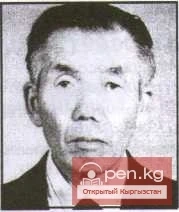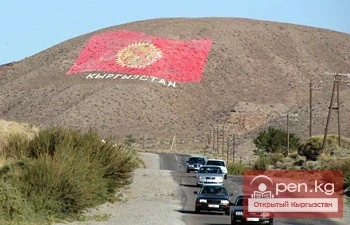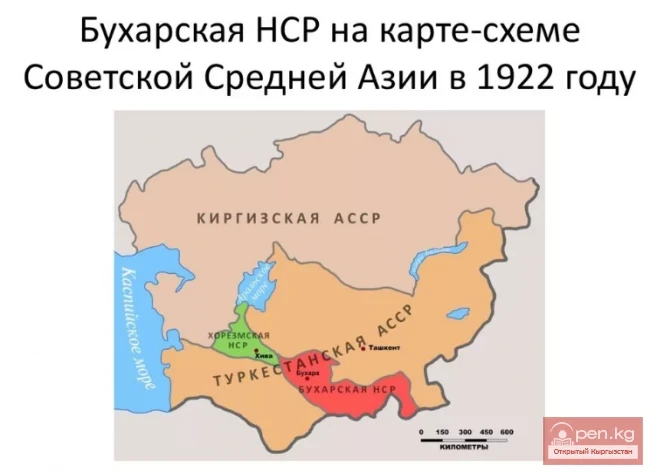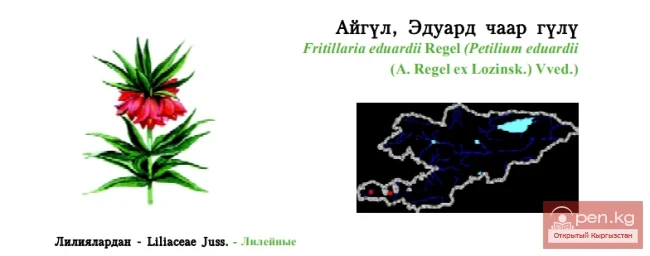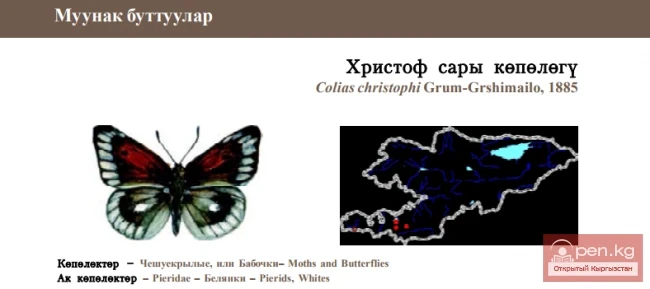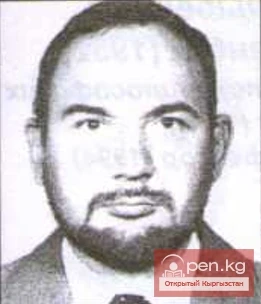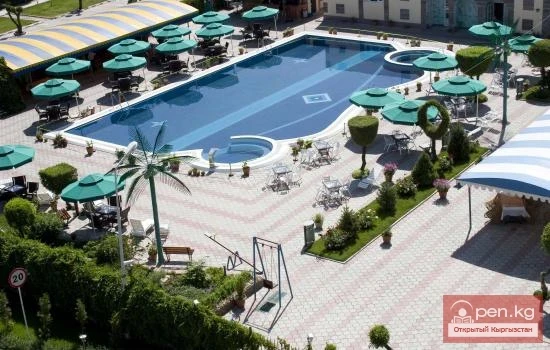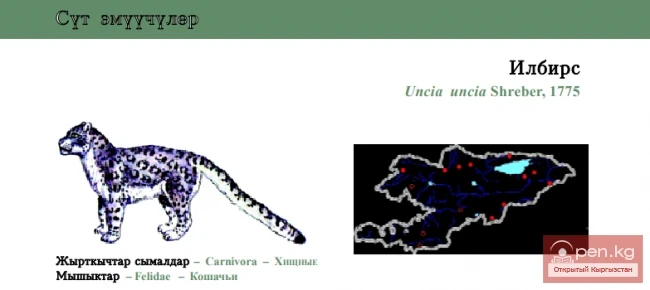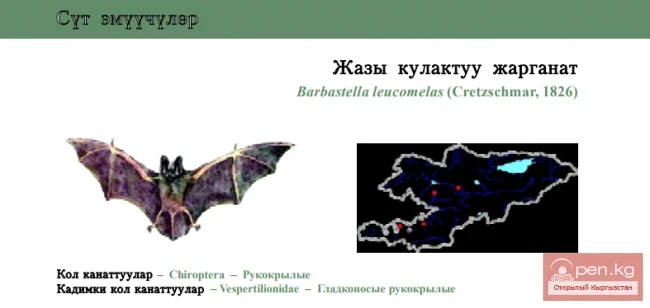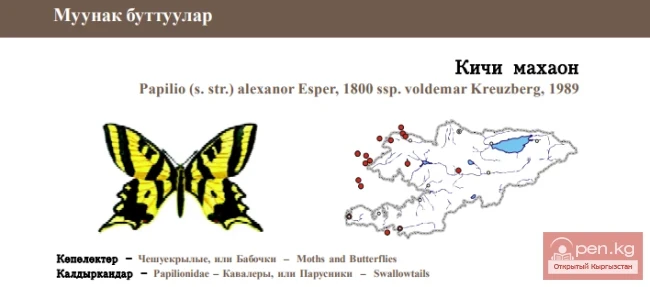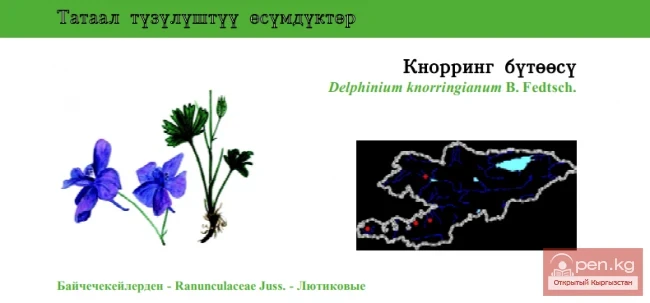Disagreements between Kamensky and Abdrakhmanov
In the early 1920s, Yu. Abdrakhmanov worked as the secretary of the Almaty district-city committee of the Communist Party of Turkestan, a member of the Semirechensk regional party committee, and the secretary of the Kopal and Taldy-Kurgan district-city party committees. He was also a member of the local executive committees and a member of the presidiums of the Union of the Poor and Laborers in these districts. Later, he became the head of the organizational department of the Pishpek district committee and the secretary of the Karakol district committee of the Communist Party of Turkestan, as well as a member of the presidium of the "Koshchi" union in that district. In 1922, he returned to the position of head of the organizational department of the Semirechensk regional party committee.
The 7th Congress of the Communist Party of Turkestan elected him as a candidate member of the Central Committee of the Communist Party of Turkestan, and from March 1924, he worked as the secretary of the Turk. Central Executive Committee.
By this time, the necessary conditions had been created in the country for the consistent implementation of Lenin's national policy in the field of state building. The 12th Congress of the RCP (b) (April 1923), which justified the policy of eliminating the actual inequality of nations, once again emphasized the unwavering nature of the party's line on this acute and important issue for the fate of the newly created first multinational Union of Socialist Republics. The resolution of the congress stated that the task was: "a) to decisively reject all forms of coercion against nationalities; b) to recognize the equality and sovereignty of nations in determining their fate; c) to acknowledge that a stable union of nations can only be achieved on the basis of cooperation and voluntariness...".
The legislative acts adopted by the highest bodies of the USSR regarding the national-state demarcation of the Turkestan ASSR granted the Kyrgyz people the right to create their socialist state formation. This work began in the fall of 1924. An essential part of it was the organizational consolidation of local party forces on a solid international basis. A meeting at the Central Committee of the RCP (b) with responsible workers from the national republics (1923) and regions on practical measures for implementing the resolution of the 12th party congress on the national question emphasized: "One of the fundamental tasks of the party is to cultivate and develop young communist organizations from the proletarian and semi-proletarian elements of the local population in the republics and regions, to assist these organizations in standing on their own feet, to receive genuine communist education, and to unite even the initially few but truly internationalist communist cadres. Only then will Soviet power be strong in the republics and regions when truly serious communist organizations are established there."
In 1924, the organizational bureau of the Kyrgyz regional committee was created, headed by M. D. Kamensky. The bureau began work on forming the Soviet and economic apparatus of the autonomous region while simultaneously preparing for its first party conference.
In November 1924, Yu. Abdrakhmanov was appointed the second secretary of the regional party bureau. However, he could not get along with the first secretary. This is commonly explained by the fact that two strong individuals could not share power.
The paradox is that at that time, Stalin was strengthening the Center, and neither Kamensky nor Abdrakhmanov had real power. The cited resolution required that "under no circumstances should there be allowed in actions or speeches anything that resembled the appropriation of the right to impose and decide, to permit or cancel, or to dispose of, formally relying on the authority of the center."
M. D. Kamensky did not always carry out this directive consistently. The second secretary, especially in matters of personnel policy, also tended to assert his independence and often made decisions on his own initiative.
This irritated Kamensky. In turn, both of them irritated the Center. The result of all this was not difficult to foresee. At the first regional party conference (March 1925), Yu. Abdrakhmanov was not elected to the regional party committee or to any other position corresponding to his knowledge, experience, and work skills.
By that time, he had developed into a significant leader, a figure of state scale. But...
His disagreements with the then leadership of the regional committee had gone so far that at the initiative of the Central Asian Bureau of the Central Committee of the RCP (b), in April 1925, he was recalled to Tashkent to serve as the deputy head of the organizational department, and from August 1925, he was assigned to Moscow at the Central Committee of the RCP (b), where he worked as an instructor until April 1926. Leafing through the sometimes sparse information in the party archives, one often has to rely on guesswork that connects disparate facts into a coherent picture. He did not get along with Kamensky, and someone (who? — the archives are silent) pulled him out of Frunze, transferred him to Tashkent, and then to Moscow.
He had a friend from Moscow, a friend from the Central Committee of the VKP(b)? The archives are silent. But there is a letter written by M. D. Kamensky to the Central Committee of the RCP (b) in July 1925, where he justified himself and explained the reasons for the conflict: "...to my great regret, I find it difficult to name more than two or three people (notorious factionalists—such as Imanov, Iemanov, and Abdrakhmanov), who cannot be allowed to work under any circumstances in the conditions of Kyrgyzstan at this time."
Did Yu. Abdrakhmanov participate in the factional struggle that was literally tearing apart the young Kyrgyz party organization during that responsible and pivotal time? Documents indicate that he did, and actively, playing a noticeable role.
In 1927, he confessed to the new first secretary of the Kyrgyz regional party committee N. A. Uzyukov, who replaced M. D. Kamensky: "I resorted to old methods of influence both within our organization and outside it. I had my underground, secret official secretary of the regional committee (the second secretary of the regional organizational bureau). The Org Department (Organizational Department) organized the masses on a group and clan basis. And the 'theory' of such mass organization was the following principle: 'organize the masses, and the party will not go away.' The consciousness of the young Kyrgyz leader was inseparably linked with his people, as is clearly seen from the above-cited confession. A sincere confession—only to a friend, only to a close person, only to someone to whom, like a second 'I', one could tell in those years that organizing the masses, the people was more important to him, and 'the party will not go away.' He himself perceived this almost as a crime: 'I had my underground, secret Org Department as the official secretary of the regional committee...' He condemns himself with this—do you feel the tone? The party was then like a sacred thing: one could betray a mother, a wife, but not the party. He was loyal to it until the end..
Yu. Abdrakhmanov - soldier of the revolution
